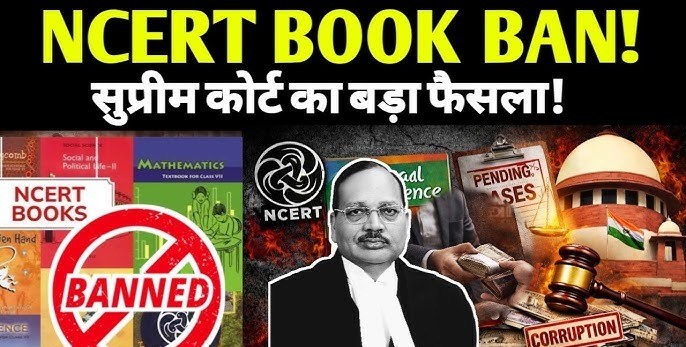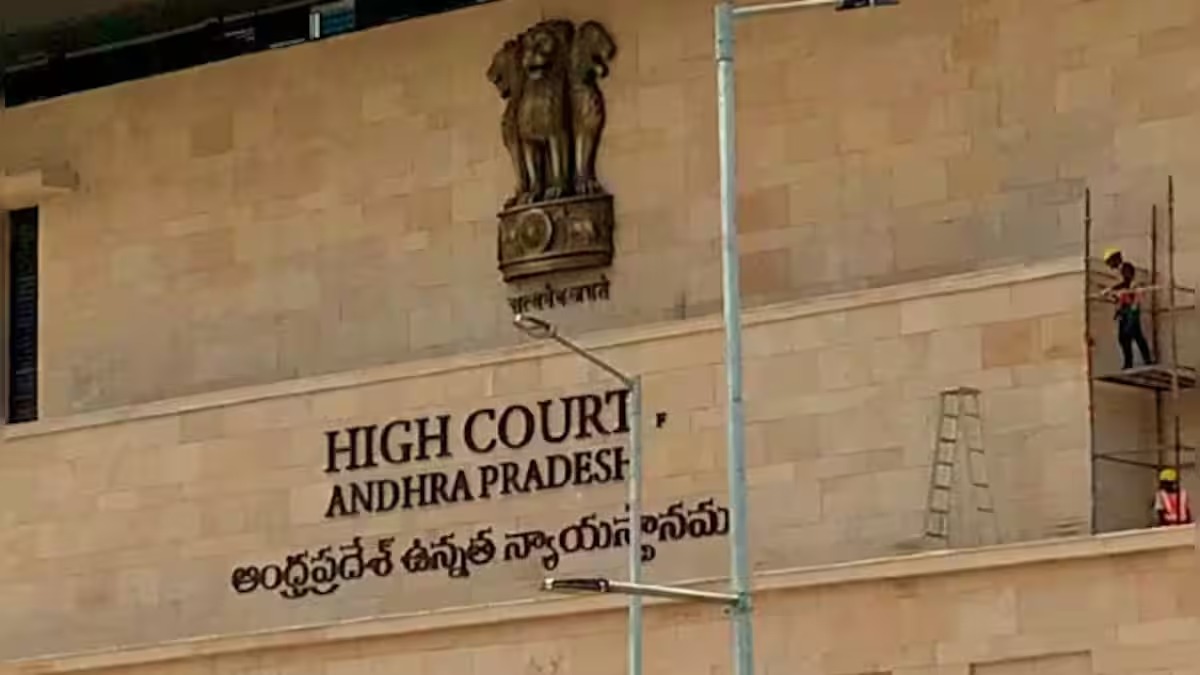Monoj Kumar Mukherjee, J.@mdashThe plaintiffs-opposite party have filed a suit for eviction of the defendant-petitioner on diverse grounds, including default in payment of rent. After entering appearance, the petitioner filed an application u/s 17(2) & (2A) of the West Bengal Premises Tenancy Act, 1956 (''Act'' for short) by which the tenancy is governed, stating that the rate of monthly rent of the suit premises was Rs. 200 and not Rs. 500 as alleged by the opposite party, and praying for permission to pay the arrears by instalments. Before that application could be disposed of, the petitioners filed another application for stay of further proceeding of the suit on the ground that prior to its institution he had filed an application for fixation of fair rent before the Rent Controller, which was still pending. As the learned Trial Judge rejected the application for stay, the petitioner moved this Court by filing this revisional application, which has been heard as a contested one.
2. Relying upon the judgment of the Supreme Court in the case of
3. We are unable to accept the contention of Mr. Roy as the facts in the case of P. V. Shetty (supra) are clearly distinguishable. In that case the respondent filed a suit for eviction on the allegation that the tenancy of the appellant had been determined and that he was not entitled to the protection of Karnataka Rent Control, Act, 1961. Prior to the institution of the suit, the appellant claiming to be a tenant on a monthly rent of Rs. 650, had filed an application before the Rent Controller for fixation of fair rent. Admittedly, in that case, if fair rent was fixed in an amount exceeding Rs. 500 per month, the tenant would not be entitled to the protection of the Karnataka Rent Control Act. If, on the other hand, fair rent was fixed at Rs. 500 or below per month and if other ingredients of the expression ''tenant'' were satisfied he would be entitled to the protection of the Rent Act. In the context of the above facts the Supreme Court held that the determination of the amount of rent would have an impact on the suit and stayed its proceeding till the application for fixation of fair rent was disposed of.
4. In the instant case, apart from the fact that the result of the proceeding pending before the Rent Controller will have no such impact, the nature and scope of enquiry to be made by the Court while disposing of an application u/s 17(2) is distinct and different from the one to be made by the Controller on an application u/s 10 of the Act. u/s 17(2) of the Act the Court determines the contractual rent when a dispute about its quantum is raised, whereas the Rent Controller, while exercising his power u/s 10, fixes the ''fair rent'' in the light of the provisions of Section 8 of the Act. In deed, the authority to fix fair rent is within the exclusive domain of the Rent Controller and the Court has no power in this respect. In arriving at our above conclusions, we draw inspiration from the Division Bench judgment of our Court in the case of
5. For the foregoing discussion we reject the application without any order as to costs.
Sudhanshu Sekhar Ganguly, J.
6. I agree.

